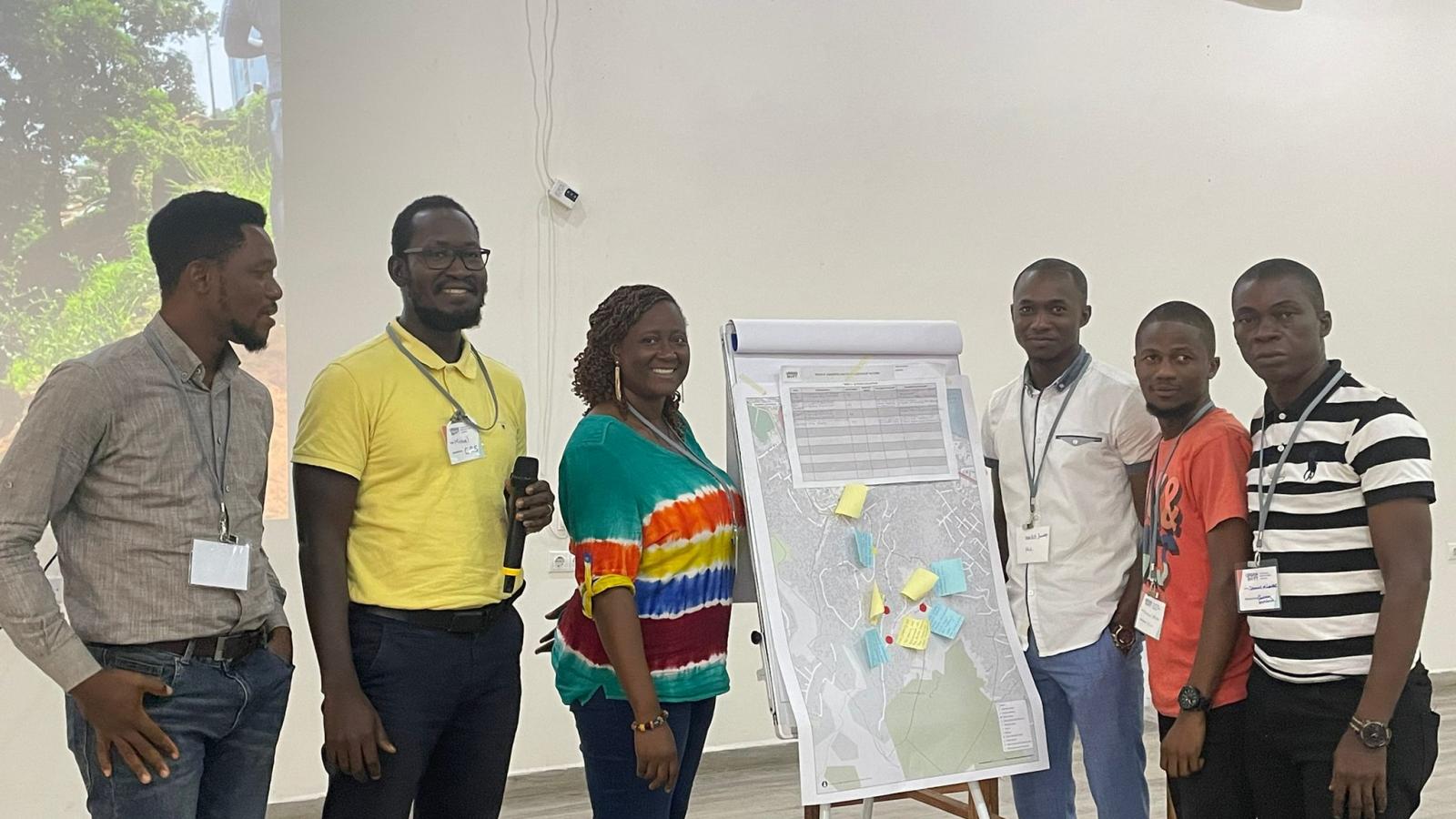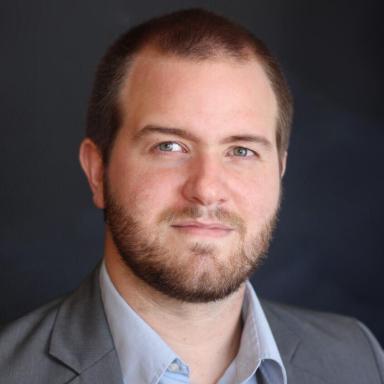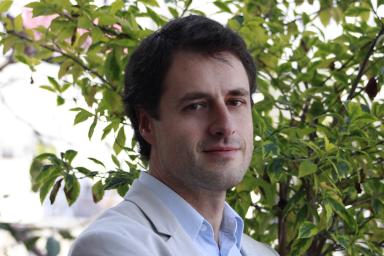Bruno Incau
Lab
Freetown Strategic Planning Lab
At this two-day workshop, 50 participants from Freetown met with the UrbanShift team to discuss the challenges of regulating climate risks and managing urban growth in Sierra Leone.
Participants presenting their findings during the UrbanShift Freetown Lab.
The UrbanShift Lab in Freetown, Sierra Leone was organized by the World Resources Institute (WRI) with the support of C40 Cities, World Bank, Freetown City Council (FCC) and the Resilient Urban Sierra Leone Project (RUSLP).
The Lab brought together around 50 participants from Freetown and surrounding cities in Sierra Leone, including technical professionals, community leaders and representatives from national institutions working in urban development.
During the two-day event, participants discussed the challenges of regulating climate risk and finding solutions to sustainably manage urban growth in Freetown, with the aid of tailored geospatial analyses developed by the UrbanShift team. Participants also visited the community of Moyiba, where unplanned settlements have led to the loss of tree cover and disjointed neighborhoods, exacerbating landslides and other natural hazards. The workshop concluded with exercises for participants to propose interventions and prioritize actions to solve the urban growth problems faced by their city.
Below, you can find agendas, presentations and photographs from the UrbanShift Lab in Freetown, Sierra Leone.
AGENDA
PRESENTATIONS
PHOTOGRAPHS (Workshop and Site Visit)
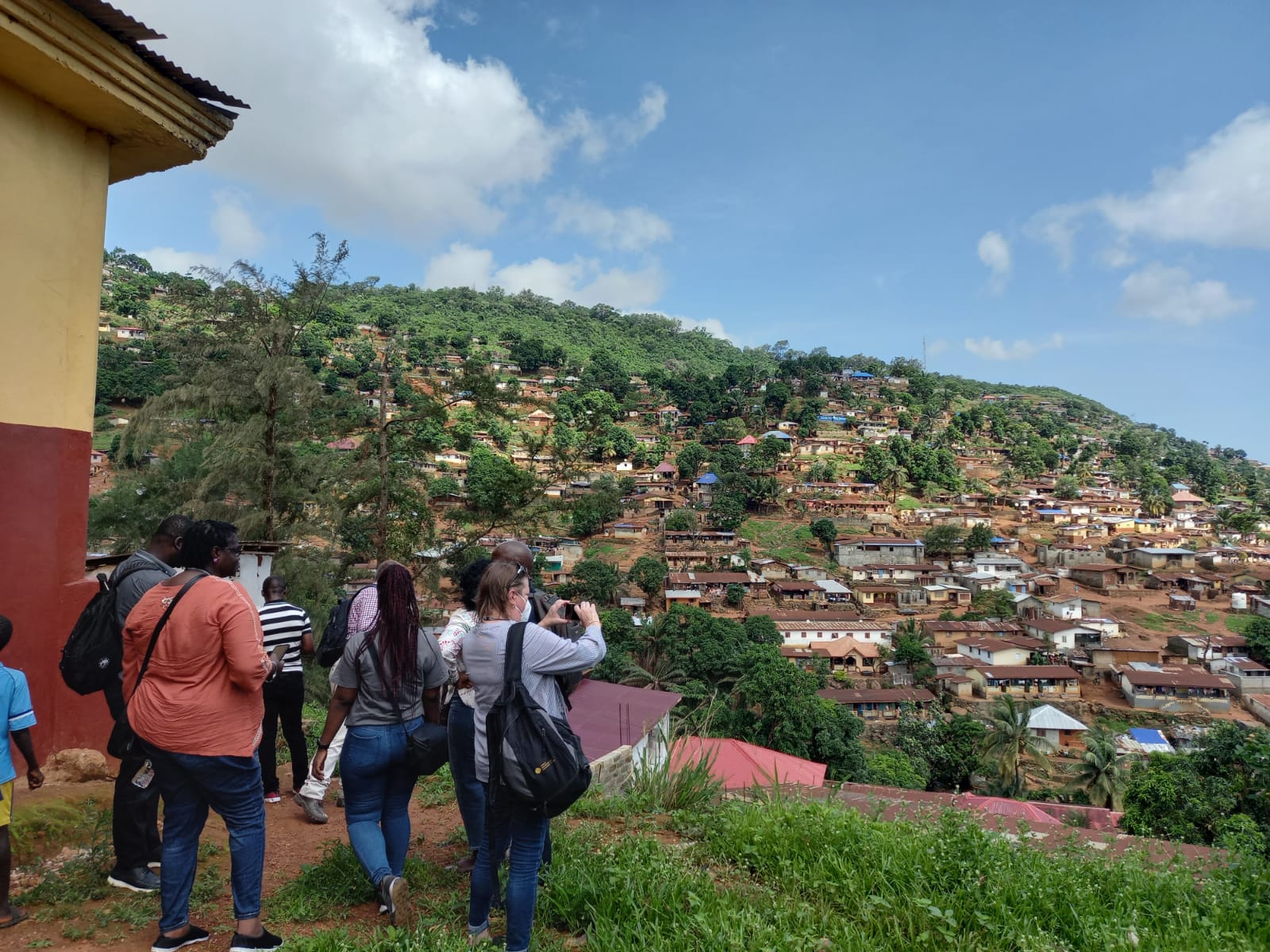
UrbanShift Speakers
LEARN MORE

UrbanShift Workshop on Planning, Informality and Waste Management
The workshop focused on strategising actions to support the realisation of existing sustainable urban development and waste management plans.
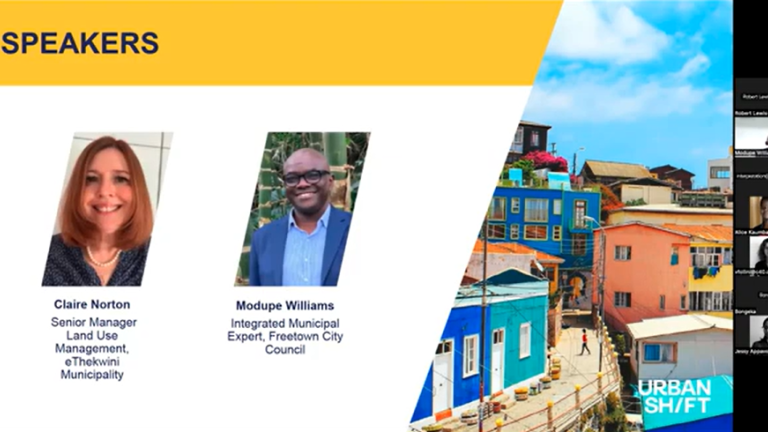
Unlocking Africa's Urban Potential: Improving Informal Settlements through Sustainable Planning
As Africa experiences rapid urban growth, this webinar will shed light on best practices for managing informal settlements and expanding sustainably.
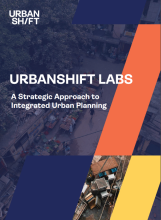
UrbanShift Labs
Summarizing insights and lessons from eight of UrbanShift's Labs, this report offers a template for furthering geospatial analysis in cities.
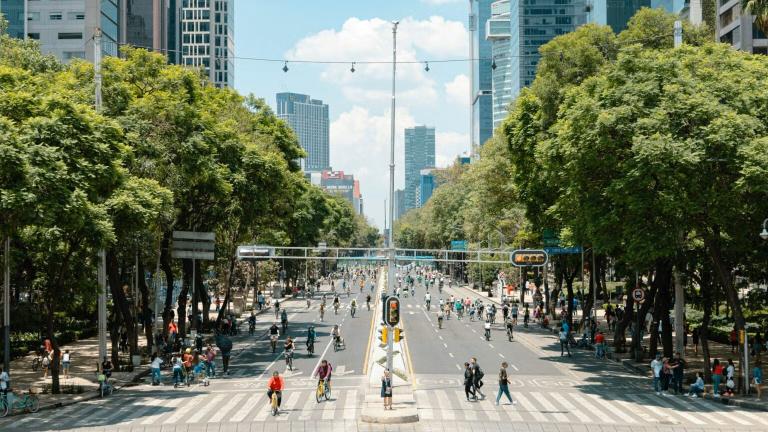
Meet CityMetrics: An Open-Source, Interactive Tool for Analyzing Urban Risks and Opportunities
With CityMetrics, a new geospatial data platform developed by WRI, over 60 cities--including all 23 UrbanShift cities--can access in-depth data on urban risks and vulnerabilities.
